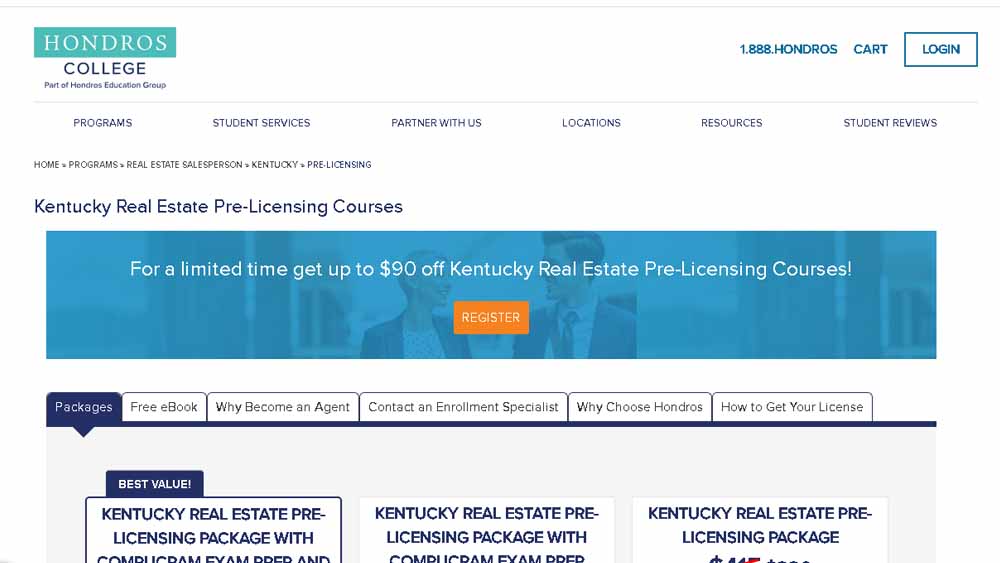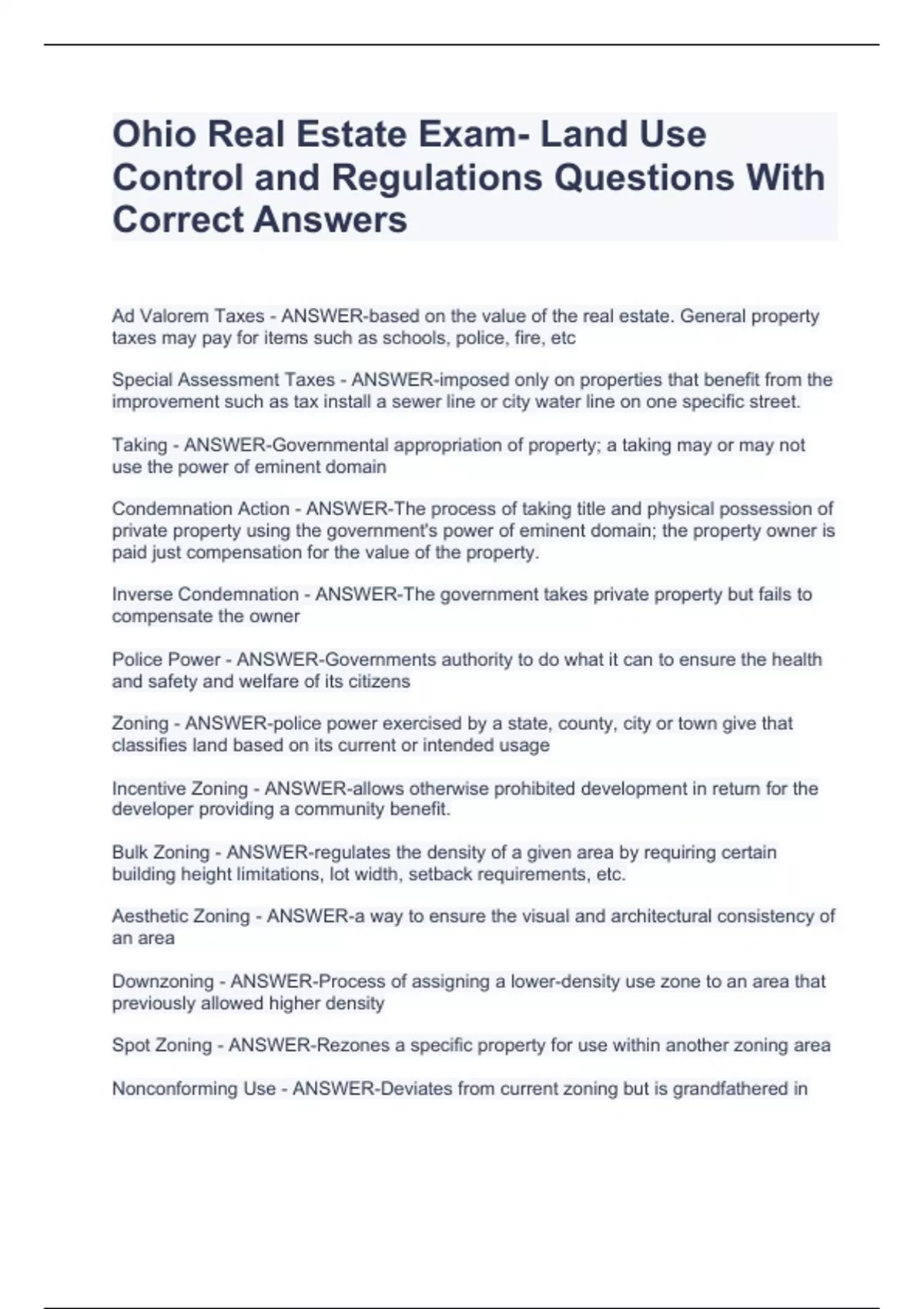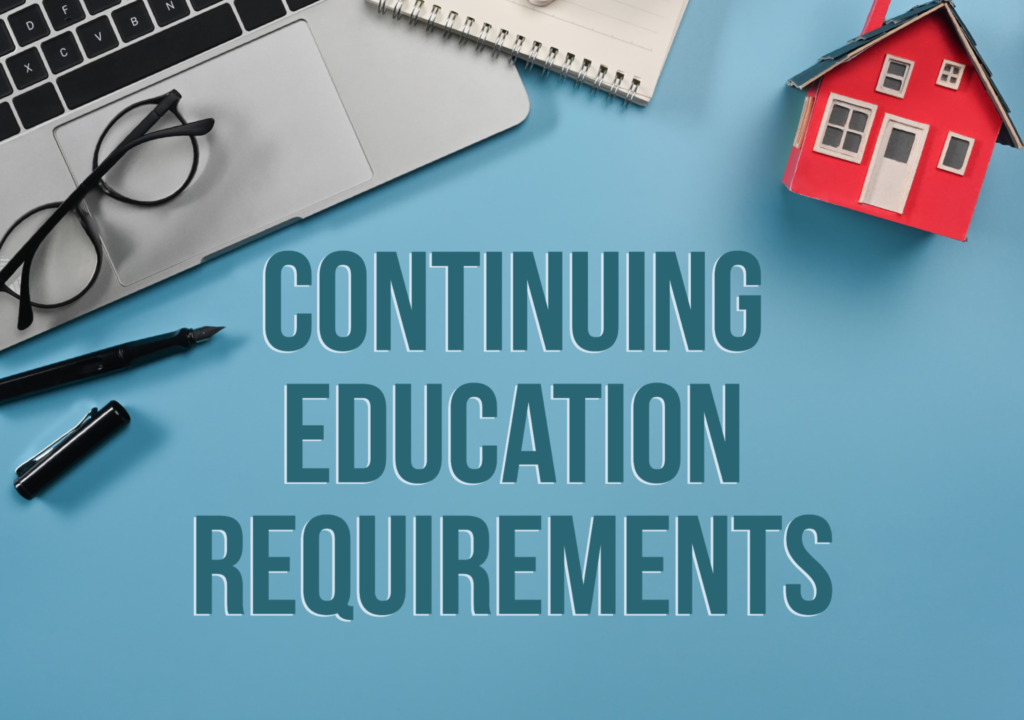Ohio Real Estate Continuing Education Requirements

For Ohio real estate professionals, staying current with industry trends and legal updates isn't just good practice – it's a requirement. Maintaining an active real estate license in the Buckeye State mandates the completion of specific continuing education (CE) courses within a defined timeframe.
This requirement ensures that licensees possess the knowledge and skills necessary to serve clients effectively and ethically. Understanding Ohio's CE regulations is crucial for all licensed agents and brokers to avoid license lapses and remain compliant with state law.
Understanding the Ohio Real Estate Continuing Education Mandate
The Ohio Department of Commerce, Division of Real Estate & Professional Licensing oversees the administration of real estate licenses and the enforcement of CE requirements. Every three years, Ohio real estate licensees must complete 30 hours of approved CE courses.
This cycle ensures ongoing professional development and helps protect consumers. Failure to meet these requirements can lead to license suspension or revocation.
Who Needs Continuing Education?
All active real estate salespersons and brokers licensed in Ohio are subject to the CE requirement. Inactive licensees are exempt from CE requirements, but they must complete the necessary hours before reactivating their license.
Newly licensed agents have specific requirements for their first renewal cycle, often involving a set of mandated courses focusing on essential real estate practices.
What are the Key Requirements?
The 30 hours of required CE must include specific mandatory topics. These topics are determined by the Ohio Real Estate Commission and typically include legal updates, fair housing, ethics, and agency law.
The specific breakdown of required hours for each topic may vary per renewal cycle, so it’s essential to consult the Division's website or a reputable CE provider for the most up-to-date information.
The remaining CE hours can be fulfilled with elective courses covering a broad range of real estate-related topics. Agents can choose courses that align with their specialization or areas of interest, such as property management, commercial real estate, or real estate investing.
Where and How Can CE Courses be Taken?
Ohio offers flexibility in how licensees can complete their CE hours. Approved courses are available through various providers, including real estate schools, associations, and online platforms.
Both in-person and online CE courses are widely available. Online courses offer convenience and flexibility, allowing licensees to complete their CE at their own pace and on their own schedule.
It is crucial to ensure that the CE provider is approved by the Ohio Division of Real Estate & Professional Licensing. The Division maintains a list of approved providers on its website.
When is the Deadline to Complete CE?
Ohio real estate licenses are valid for three years and expire on the licensee's birthday. Licensees must complete their CE requirements before their license expiration date to be eligible for renewal.
It's advisable to complete CE courses well in advance of the deadline. This allows ample time to address any potential issues, such as course reporting delays or unexpected scheduling conflicts.
The Significance of Continuing Education
Continuing education plays a vital role in ensuring the competency and professionalism of Ohio real estate agents. By staying updated on industry changes and legal developments, licensees can provide better service to their clients.
CE helps protect consumers by equipping agents with the knowledge to navigate complex transactions and avoid legal pitfalls. It also promotes ethical conduct and helps maintain public trust in the real estate profession.
Mark Johnson, a broker with 15 years of experience, emphasizes the importance of CE: "The real estate landscape is constantly evolving. CE keeps us sharp, informed, and able to adapt to new challenges and opportunities."
Potential Impact on Licensees
For Ohio real estate licensees, understanding and complying with CE requirements is paramount. Failure to complete the required hours can result in penalties, including license suspension or revocation.
A suspended license means an agent cannot legally engage in real estate activities, which can significantly impact their income and career. Reinstating a suspended license often involves additional fees and requirements.
Proactive planning and timely completion of CE courses are essential to avoid these consequences. By embracing CE as an opportunity for professional growth, licensees can enhance their skills, build their reputation, and better serve their clients.
Staying Informed
The Ohio Division of Real Estate & Professional Licensing website is the definitive resource for information on CE requirements, approved providers, and licensing regulations. Licensees should regularly check the website for updates and announcements.
Real estate associations and brokerage firms often provide information and resources to help their members stay compliant with CE requirements. Attending industry events and networking with other professionals can also be valuable for staying informed.
By actively engaging in continuing education, Ohio real estate licensees can demonstrate their commitment to professionalism, ethical conduct, and excellence in client service. This commitment ultimately benefits both the agents themselves and the consumers they serve.


















